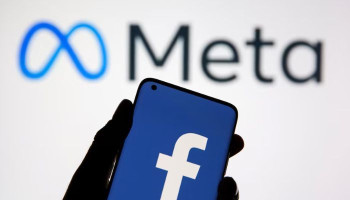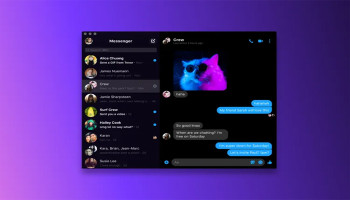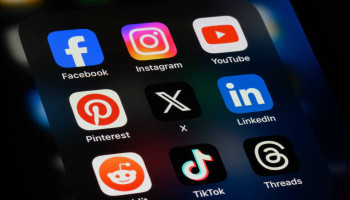
There is a secret feature in Google accounts that allows the internet giant to surreptitiously record users' speech and store them for later use.
Alphabet-owned Google stores audio recordings from online and app activities, along with voice interactions with Search, Assistant, and Maps, 'to research and enhance its audio recognition systems.'
However, a computer expert recently revealed a 'cheat code' that would prevent Google from tracking user’s smartphone usage.
- Users need to manage their Google account and unselect options in 'Data and Privacy,' which a digital expert has claimed will block the tech company from accessing their microphone and camera.
- Users may disable this feature by navigating to the Google app and selecting 'Manage your Google account'.
- When the user clicks in and scrolls down, the user will discover that the speech and audio activity set has a blue tick; uncheck it to prevent Google from listening in.
Google continues to pick up on conversations using a vocal form of a search engine, and each 'Hey Google' command has the same impact as opening a browser window.
When this speech and audio activity setting is turned off, audio recordings from voice interactions with Google Search, Assistant, and Maps will not be saved to the user’s Google Account on Google servers, even if they are logged in, Google stated.
If the user disables this voice and audio activity setting, previously stored audio is not destroyed. Moreover, the users can remove their audio recordings at any moment.
Google claimed it simply listens in on snatches of conversations to detect 'wake words' that it was designed to recognise, allowing it to respond to voice commands.
If hackers get access to your account or tap into your smart devices, they may listen to phone records and steal information from Google's stored data.
Other actions users can take to protect themself include validating the applications you download to ensure they are from legitimate shops rather than third-party sources that may include malware, and reviewing app permissions to disable access to your phone's microphone.
Norton, a cybersecurity app, recommended that consumers remove their voice request history so that there is no record of their chats, use a VPN to encrypt their information so it cannot be read by third parties, and keep their software up to date.















